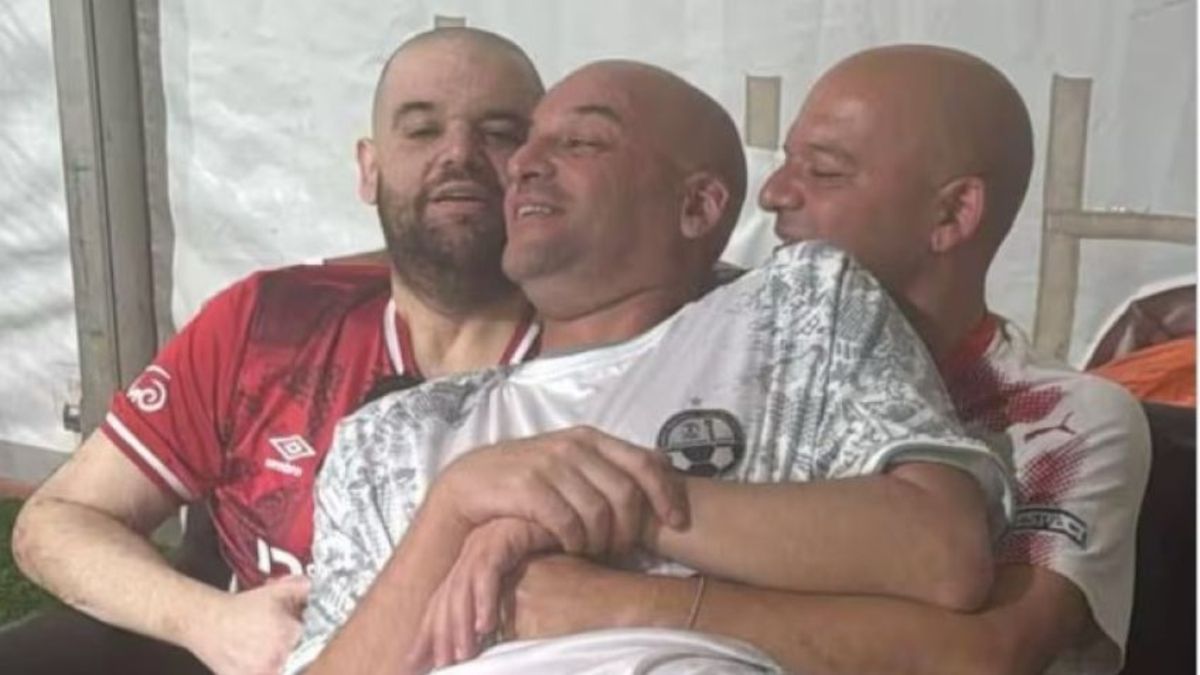Blue is the dominant colour when looking at the results of the EU elections in Wels and the districts of Wels-Land, Grieskirchen and Eferding.
In the statutory city, the FPÖ came first with 30.5 percent, followed by the SPÖ with 25.6 percent, the ÖVP with 17.4 percent and the Greens with 10.9 percent. The mix of topics with a focus on integration, asylum and security hit the right note, says Wels Mayor Andreas Rabl (FP): “If the right-wing factions join forces, they have a good chance of becoming the second strongest force in the European Parliament.”
With 37 percent, the FPÖ pushed the SPÖ (26.3 percent) out of first place in the SPÖ’s stronghold of Marchtrenk. That hurts, says Mayor Paul Mahr (SP). He sees a credibility problem: “We can’t find the right words and actions. It would be important for us to take on smaller things and implement them. We have to be able to point to successes.”
The SPÖ was unable to gain a majority in any municipality in Wels-Land. Six municipalities voted black in the majority, the rest blue – except for Aichkirchen, where the VP and FP are tied with 107 votes each and 35 percent.
The Greens achieved their best result in the district in Thalheim with 13.4 percent. “Neither dissatisfied nor satisfied,” is the conclusion of Vice Mayor and MP Ralph Schallmeiner. “The headwind of the last few weeks was definitely not helpful,” he says. His party must analyze the result carefully.
“I have bets running for the fall”
In the Grieskirchen district, the Freedom Party achieved 31.21 percent (plus 10.8 percent), closely followed by the ÖVP (29.25 percent), followed by the SPÖ (18.53 percent) and the Greens (8.92 percent). FPÖ district leader Wolfgang Klinger said of the result: “We were elected because of our credible policies and we recognized people’s problems, from security to bureaucracy.”
The task is to win back some of the people “who are not part of the FPÖ’s core audience” by the autumn, says MP Peter Oberlehner, VP district leader in Grieskirchen and mayor of Pötting. In his hometown, the ÖVP lost 17 percent, but achieved the second-best municipal result for the People’s Party in Upper Austria with 51.2 percent. He has bets that the ÖVP will come first in the National Council elections in the autumn. “We now have three medium-sized parties that are very close together. We have to recognize the warning shot across the bow and communicate our work even better,” says Oberlehner.
“This is not the result we ran for and hoped for,” said Thomas Antlinger, SP district leader in Grieskirchen and Eferding, commenting on the result. The SPÖ was able to gain ground in a few municipalities. In the Grieskirchen district, Schlüßlberg remains the only red bastion, where they achieved first place with 33.82 percent, ahead of the Freedom Party and the ÖVP. Mayor Klaus Höllerl: “I am incredibly pleased with this result, but the state and federal results are a disappointment.”
The district of Eferding was also a good place for the FPÖ with 30.41 percent, followed by the ÖVP (25 percent) and the SPÖ (23.28). “Unfortunately, with a minus of ten percent, we are in line with the national trend; a double-digit loss cannot be glossed over,” says Astrid Zehetmair, Eferding’s VP district party leader.
My themes
For your bookmarked topics
new articles found.
info By clicking on the icon you add the keyword to your topics.
info
By clicking on the icon you open your “my topics” page. You have of 15 keywords saved and would have to remove keywords.
info By clicking on the icon you remove the keyword from your topics.
Add the topic to your topics.
Source: Nachrichten




